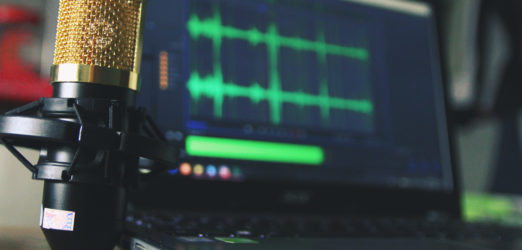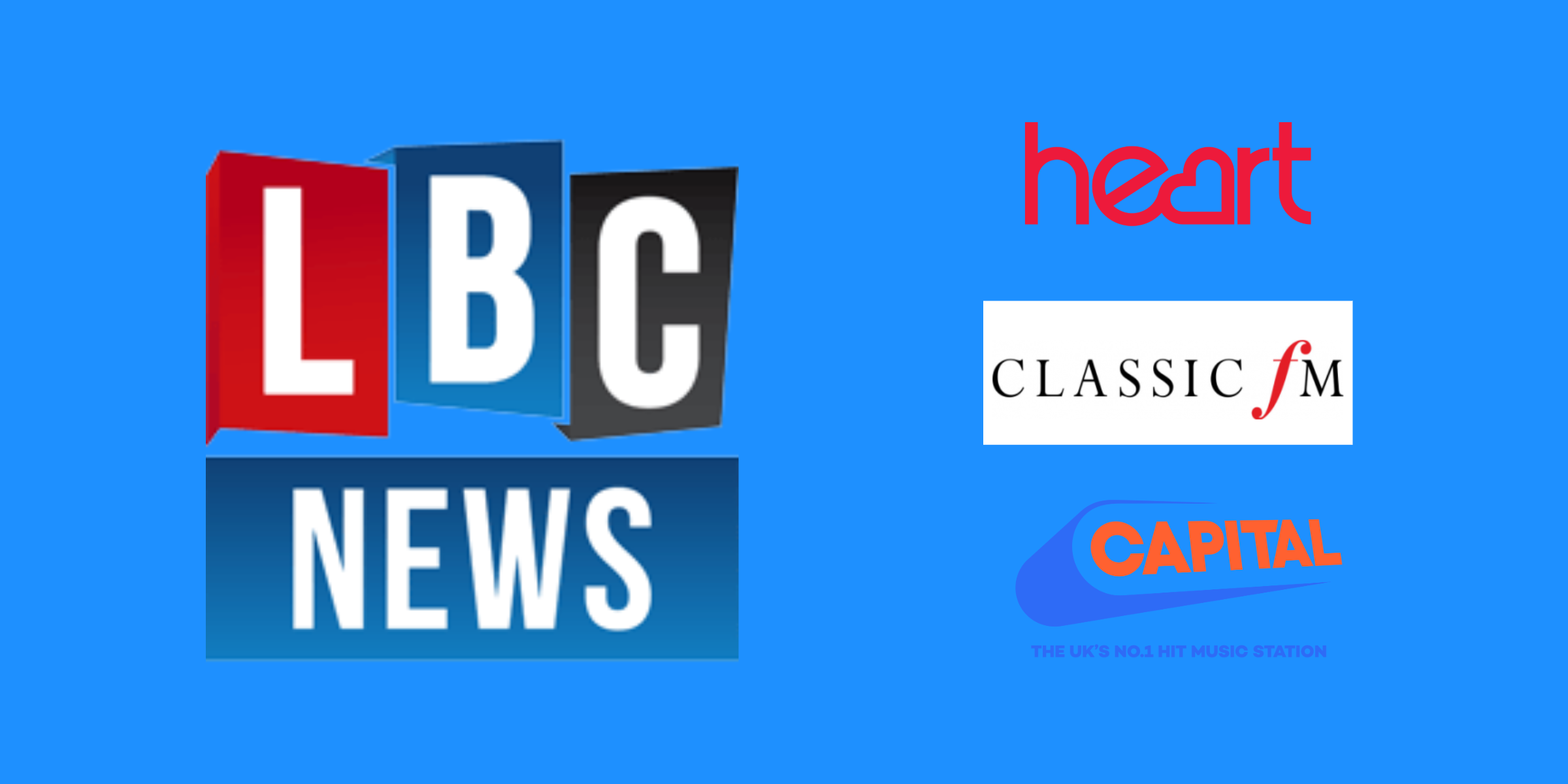As much air-time as you desire and as many brand mentions as you can fit in….just a couple of the advantages of launching your own radio station. And that’s not as far fetched as it sounds. For a modest budget and a bit of effort any organisation or individual can “own” some of the airways as part of a dedicated broadcast PR campaign.
Here at Shout! Communications we are doing just that to celebrate our 16th Birthday. For one day only, on Friday 12th April, we will be broadcasting as Shout! Digital. We hope it will be a stimulating 9 hours (from 0900-1800) of debate, interviews and feature items, primarily about PR in general and broadcast PR specifically. To listen in go to www.shoutcommunications.co.uk
How to transmit
There are two ways of broadcasting: either over FM, probably with a Restricted Service Licence (RSL), meaning you can only be heard over particular FM frequencies and/or in a specific geographical area. This is like any major radio station you’d have heard of: BBC Radio 1, Talk Radio or LBC for example. You can hear it anywhere, including a car – wherever the frequency transmits. You need an OFCOM licence to do this as well as a portable transmitter and these elements make this the more expensive option.
Alternatively, you can broadcast online. You don’t need an OFCOM license or a transmitter; instead you just need the internet, along with a piece of kit which streams the audio content to the internet. Listeners go to a webpage to “tune in”. All they need is a laptop, a PC or a mobile with an internet connection.
Online broadcasting has become more popular with the rise of apps like TuneIn, which can pick up any internet radio station in the UK. The main pro about online broadcasting is actually also an advantage: the audience can be far and wide. For example, you can listen to a station broadcasting online from Scotland in London which is great if you’re aiming for a dispersed audience. But if you’re aiming your content at a more local audience or particular community it would be more advantageous to broadcast over FM with a Restricted Service Licence.
Are you using music?
Music is another consideration and will add to the budget. You need two further licences for a start – a PRS (Performing Right Society) and a PPL (Phonographic Performance Limited). Both will cost you, the fees varying depending on how long you’re broadcasting for.
How challenging is this?
I’d like to claim setting up your own radio station is really difficult, but, given the right equipment and a little bit of know-how, it’s not that bad. The main factor to bear in mind is quality. Poor sound, when the audio distorts and crackles, will have your hard-won listeners turning off. So, lesson number one: make sure you record any content in a studio, or, if on location, with professional equipment. No one wants to listen to scavenging seagulls squawking in the background, as your radio guests try to deliver key messages.
Fancy running a radio station as part of one of your campaigns? Like some help? Give us a call on 020 7240 7373. Or email hello@shoutcommunications.co.uk.



